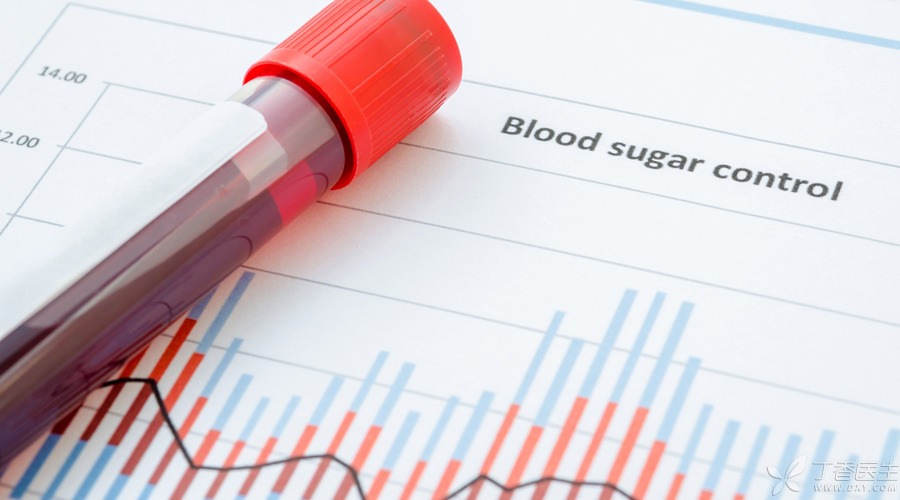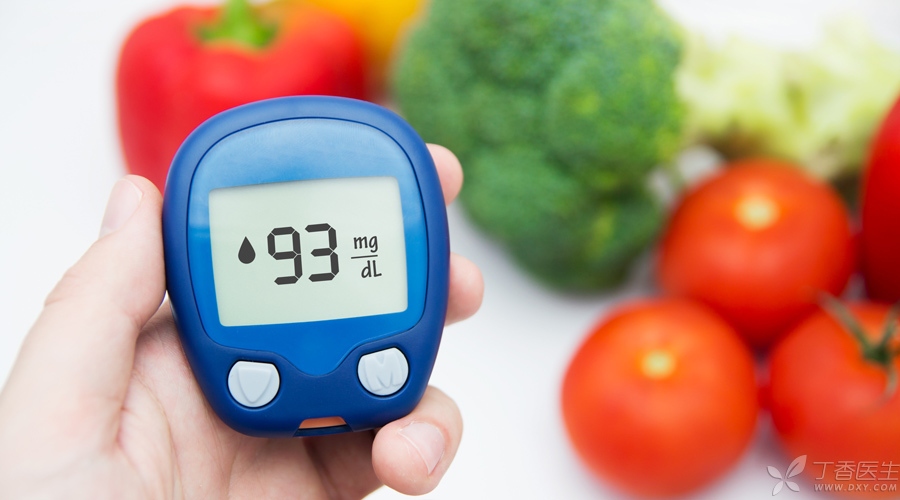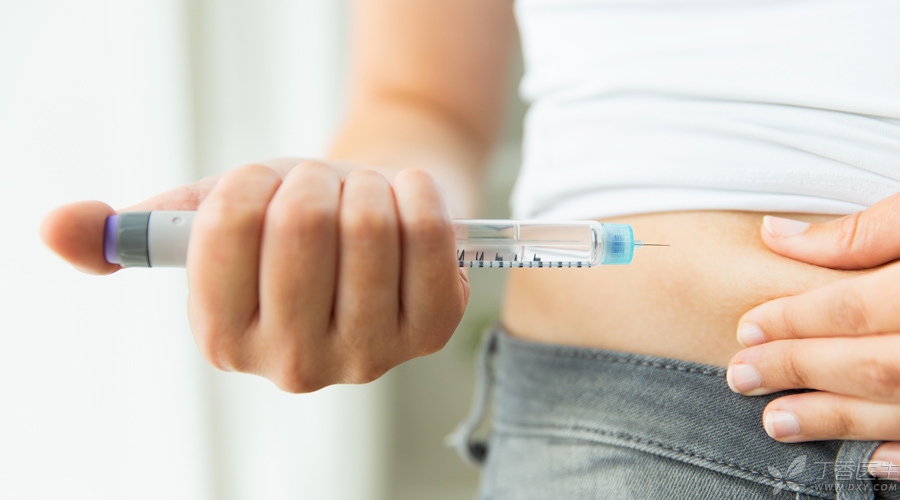
Poor blood sugar control should be the most worrying thing for sugar lovers.
The human body is a precise instrument, and there are many factors that affect blood sugar.
Today, Dr. Clove summarized the 8 most common reasons for everyone. Let’s compare them quickly.
1. Inappropriate drug selection
Some sugar lovers make it convenient to buy hypoglycemic drugs in pharmacies, which is wrong.
The choice of hypoglycemic drugs needs to be judged by professional doctors in combination with many factors such as sugar friends’ disease status, body shape, age, presence or absence of other diseases, etc. It is not decided in a few words after everyone goes to a pharmacy to ask the shopping guide.
Buying hypoglycemic drugs by oneself is often because sugar lovers do not know the mechanism of action of the drugs and use several drugs with basically similar mechanisms of action at the same time.
For example, people often combine glipizide with gliclazide, glipizide with repaglinide. This will not double the drug effect, but may increase the side effects of the drug. We need to pay special attention to it.
2. Take the medicine at the wrong time,
Different drugs have different taking times. Only by taking them according to the instructions can the maximum effect of the drugs be brought into full play and the side effects be reduced to the greatest extent.
The taking time of common hypoglycemic drugs can be referred to:
- Sulfonylureas: including glibenclamide, gliclazide, glipizide, gliquidone, etc. The medication time should be 30 minutes before eating. Non-sulfonylurea secretion promoters: including repaglinide, nateglinide, etc., should be taken within 15 minutes before meals or during meals; Biguanides: mainly metformin, which is often recommended to be taken during or after meals at the time of medication. Insulin sensitizers: including rosiglitazone, biglitazone, etc., preferably taken once before breakfast every day, i.e. On an empty stomach; -Glycosidase inhibitors: including acarbose, etc. It is usually recommended to chew and take the medicine after eating a mouthful of rice.
Sometimes, I don’t remember to take medicine, and when I remember it, it has already passed the time when I should take medicine. Can I remedy it? Click to view: I forgot to take hypoglycemic drugs. What should I do?
3. Ignoring individualized medication
The medication for diabetes is not the same, but needs to make individualized medication plans according to the personal situation of sugar friends. Moreover, even the same sugar friend needs different drugs at different stages of disease development.
We must not see that other people use a certain hypoglycemic drug with good effect, and we blindly follow the drug change, so blood sugar is easy to fluctuate.
It’s the same sentence. Only what suits you is the best. Don’t imitate others.

4. Drug failure
There are many reasons for drug failure. The following three common ones are:
(1) Decrease of islet function
Islet function decline or even failure can cause oral hypoglycemic drugs to decline or even fail.
Under such circumstances, even if the dosage or type of oral drugs are continuously increased, the blood sugar may still remain high. At this time, oral drugs can no longer control blood sugar well, and it is often necessary to consider switching to insulin or oral drugs combined with insulin therapy.
(2) Temporary decrease of islet function
Due to the toxic effect of severe hyperglycemia, islet secretion function is in a [dormant] state.
In this case, after receiving short-term insulin therapy and relieving sugar toxicity, islet function is expected to resume, and oral hypoglycemic drugs that were originally ineffective may also resume their curative effect.
Therefore, when doctors suggest insulin therapy, we must not have any worries. We should use insulin when we should use it.
(3) Poor control of diet and exercise
Weak diet control and lack of exercise will lead to postprandial blood sugar fluctuations and weight gain. At the same time, it will also increase insulin resistance, make the body insensitive to insulin, and reduce the effect of hypoglycemic drugs.
Therefore, diet control and moderate exercise are essential measures in the treatment of diabetes.
5. The drug has not yet achieved the best curative effect.
The exertion of drug effect is a step-by-step process. With the extension of drug use time, the hypoglycemic effect gradually appears.
Therefore, if the drug dose has been adjusted recently or new drugs have been added, don’t worry too much and adjust the drugs immediately. You can measure your blood sugar several times more and observe it for a few days. After all, it still takes some time to exert the drug effect.
Moreover, being too impatient and lowering blood sugar too fast may induce hypoglycemia reaction due to physical maladjustment. Although blood sugar is relatively high at this time, hypoglycemia symptoms such as hunger, palpitation, shaking hands and dizziness will still occur.
Click to view: Is what hypoglycemic? Is it different from hypoglycemia in what?

6. Inappropriate use of insulin
Insulin is a sharp weapon to control blood sugar, but some sugar lovers have not mastered the correct use method, which greatly reduces the effect.
Common mistakes include: improper storage and expiration of insulin; Insulin type error; Premixed insulin is not mixed evenly; Incorrect insulin injection time, etc.
Click to view: How to use insulin correctly?
7. Impact of other diseases
Suffering from some serious diseases, such as myocardial infarction, cerebral apoplexy, brain trauma, serious infection, etc., the various hormones that raise blood sugar in the body will obviously increase, and blood sugar will rise sharply. At this time, hospitalization is often required, and specialists are required to adjust hypoglycemic drugs to control blood sugar.
Some sugar lovers, even common colds and fevers, may cause a short-term increase in blood sugar. If the blood sugar is not particularly high (for example, not higher than 14.0 mmol/L), hypoglycemic drugs may not be adjusted.
Generally speaking, blood sugar will also be controlled after the disease is controlled.
8. Other drug effects
Sugar lovers may suffer from other diseases. In the process of treating these diseases, corresponding drugs need to be used.
However, some drugs may cause blood sugar fluctuations, such as cough syrup containing sucrose, some cold drugs, glucocorticoids, etc.
Therefore, when treating other diseases, sugar lovers must remember to tell doctors that they have diabetes, and doctors will fully consider the basic diseases and reasonably choose drugs.
If it is necessary to apply drugs that have an impact on blood sugar, it is necessary to adhere to blood sugar monitoring so as to adjust hypoglycemic drugs in time and control blood sugar within a reasonable range.
These situations are the common causes of blood sugar fluctuations. However, there are too many causes of blood sugar fluctuations, and sometimes it is really difficult to find out the specific causes.
At this time, don’t forget to go to the hospital for examination in time, ask a specialist to help analyze the cause and control blood sugar within a reasonable range as soon as possible.
